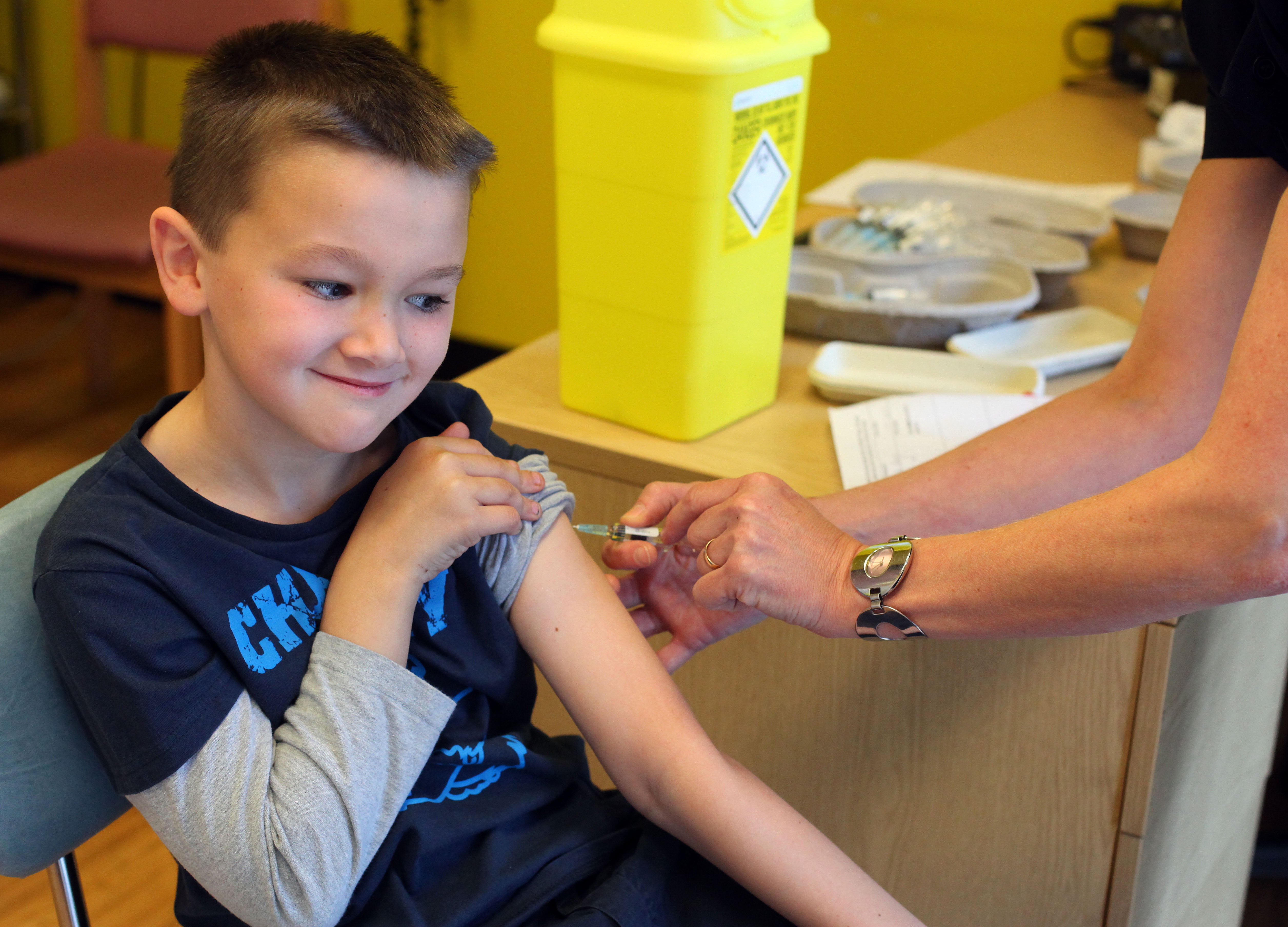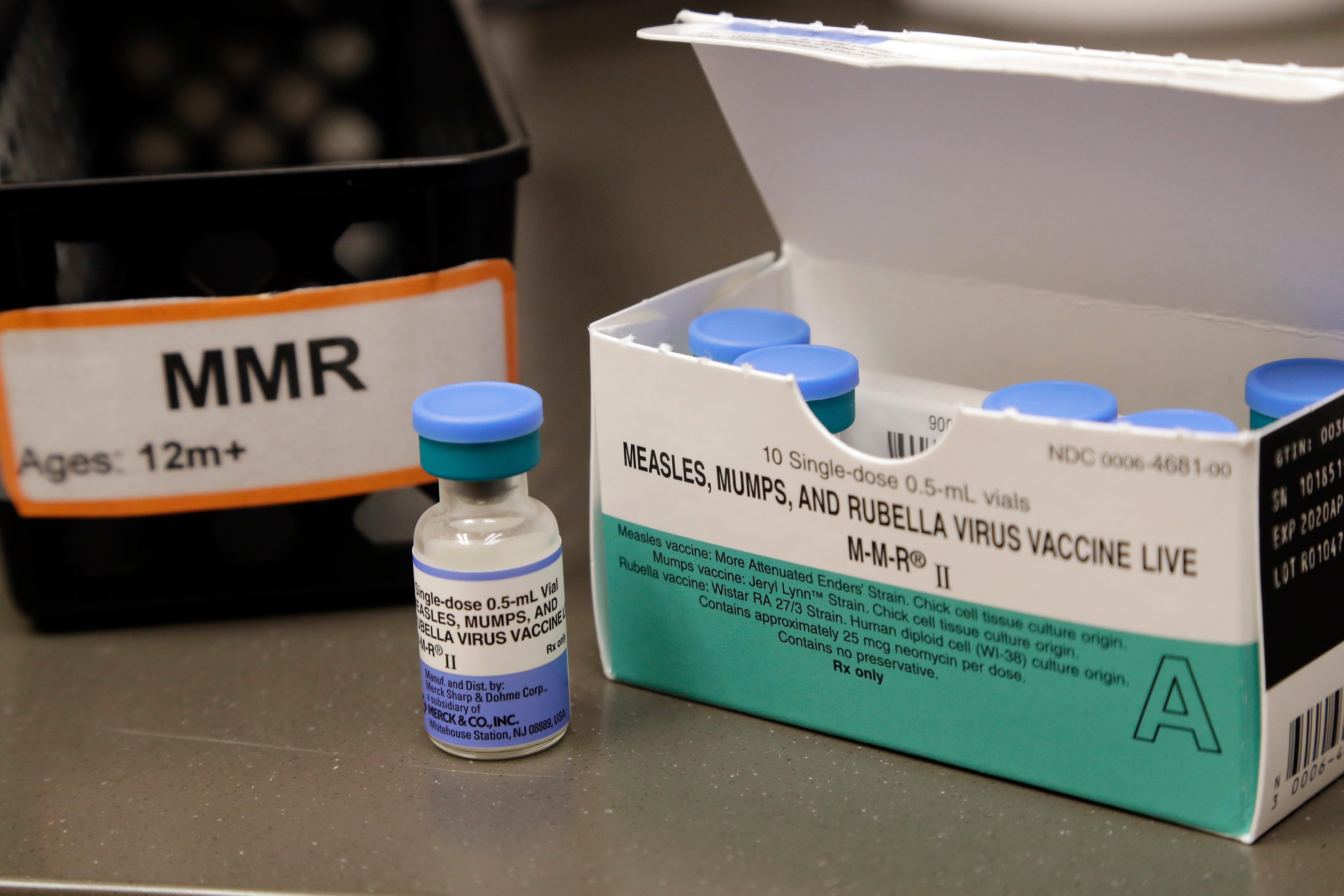Unvaccinated children to face isolation for 21 days during measles surge
Parents of unvaccinated children in two London boroughs have received the warning as back to school cases rise

Your support helps us to tell the story
From reproductive rights to climate change to Big Tech, The Independent is on the ground when the story is developing. Whether it's investigating the financials of Elon Musk's pro-Trump PAC or producing our latest documentary, 'The A Word', which shines a light on the American women fighting for reproductive rights, we know how important it is to parse out the facts from the messaging.
At such a critical moment in US history, we need reporters on the ground. Your donation allows us to keep sending journalists to speak to both sides of the story.
The Independent is trusted by Americans across the entire political spectrum. And unlike many other quality news outlets, we choose not to lock Americans out of our reporting and analysis with paywalls. We believe quality journalism should be available to everyone, paid for by those who can afford it.
Your support makes all the difference.Children who have not been vaccinated against measles may have to enter isolation for 21 days if a classmate becomes infected.
The UK Health Security Agency (UKHSA) predicts the capital alone could see 160,000 cases occur as measles, mumps and rubella (MMR) vaccination rates are at the lowest in a decade.
Both Haringey Council and Barnet Council wrote to parents to tell them any unvaccinated child who comes into close contact with a measles case could be asked to self-isolate for up to 21 days.
This week, statistics from NHS England showed that across the country more than 102,000 children aged four and five starting in reception are not protected against catching measles, mumps and rubella.
32,000 children in London alone aren’t vaccinated, revealed NHS England, and just three-quarters of children in the capital have received the two required doses of the MMR jab, which protects against measles. This is 10 per cent lower than the national average.
Measles is highly infectious. One in five cases of the illness requires a hospital visit and the infection can lead to complications in one in 15, such as meningitis and sepsis, adds NHS England.

Dr Oge Ilozue, GP and senior clinical adviser of the NHS London vaccination programme, said: “Measles can start with cold-like symptoms such as a runny nose, sneezing and a cough, with a rash not showing until they have been infectious for up to four days.
“In a classroom it may not be easy to spot that they have the measles infection at first; and before they have a rash they could have infected nine out of ten of their unvaccinated classmates.”
The MMR vaccine is given to a child around their first birthday, then again at around three years and four months in time for the start of school year.
Two doses are enough to give lifelong protection from becoming seriously unwell with mumps, measles and rubella. Anyone who has missed any of the vaccinations can catch up at any time.



Join our commenting forum
Join thought-provoking conversations, follow other Independent readers and see their replies
Comments